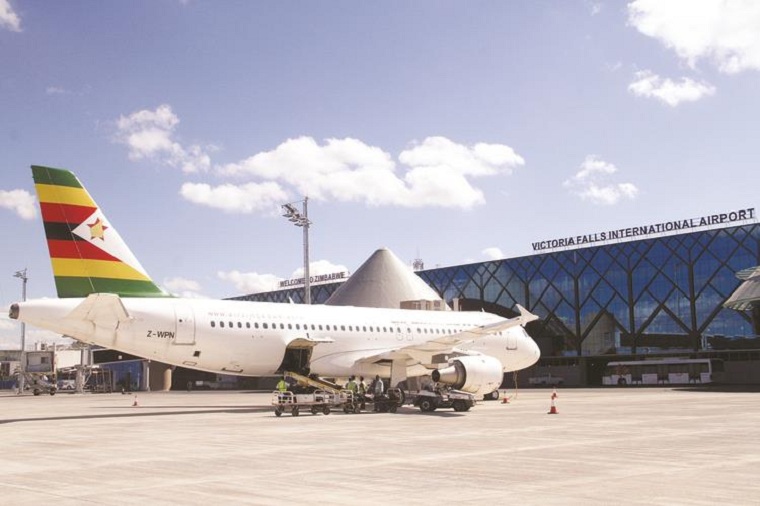When, in March this year, the government banned Zimbabwean businesses from charging in US dollars, it exempted the tourism industry (for foreign clients).
The government is also offering a temporary duty rebate on capital goods imported for use in the tourism business.
Shelley Cox of Victoria Falls-based Africa Conservation Travel says at least 28 new hotels and lodges have taken advantage of the rebate in western Zimbabwe since 2016.
The rebate has been “phenomenal,” says Blessing Munyenyiwa, as it has saved his travel company, Love for Africa, “millions of dollars” on the construction of lodges in the past two years.
Meanwhile, Ross Kennedy of Africa Albida Tourism says the rebate has incentivized “nonstop” upgrades across his portfolio of hotels and restaurants in Victoria Falls.
This explosion in western Zimbabwe’s tourism industry is turning the region into the country’s employment hub.
Munyenyiwa’s firm, for example, has added 160 permanent jobs in the past year.
Road travel has gotten easier too. When Mnangagwa came to power in November 2017, there was an almost immediate stop to what Munyenyiwa describes as the “pointless” police roadblocks that got in the way of domestic tourism and discouraged all but the most die-hard foreign overland travelers from entering the country.
Some major roads have also been upgraded, though industry analysts say there’s much more to be done.
Tourist visas are easier to come by, says Munyenyiwa. Earlier this year, citizens of 32 more countries, including India and China, were granted the right to apply for visas on arrival, and the country is in the process of rolling out an e-visa system that will reduce airport lines.
All of these initiatives are helping Zimbabwe revive what was once a thriving tourism industry.
Collaboration between local authorities, businesses and NGOs, explains Cox, has enabled the country to “maintain its wildlife landscapes and biodiversity” despite “years of challenges.”
And the country’s safari guides remain among the best in the business due to a rigorous four-year qualification process that involves intense exams and a lengthy apprenticeship.
Continued next page
(166 VIEWS)


